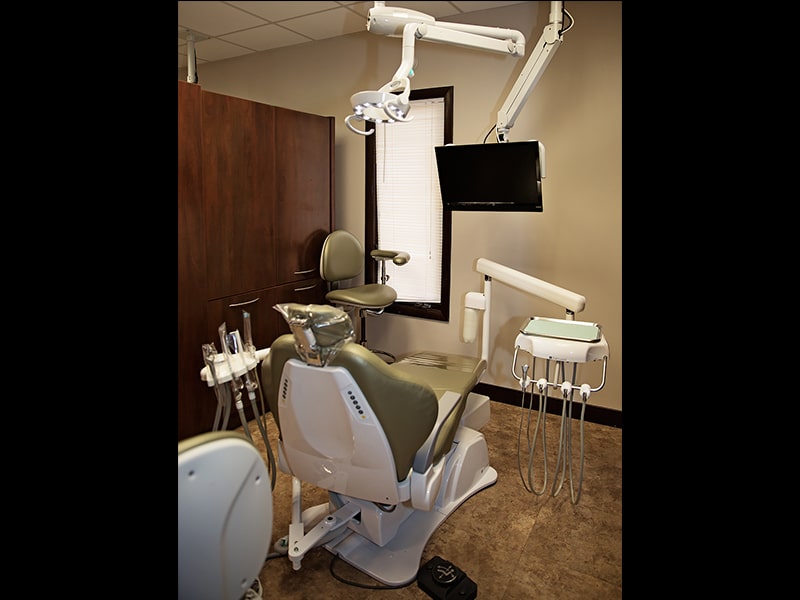Losing a tooth can be distressing, both physically and emotionally. The impact of a missing tooth extends beyond mere aesthetics; it can significantly influence one’s mental health and well-being. Let’s explore the profound benefits of replacing lost teeth, specifically through dental implants, on one’s mental health and overall quality of life.
The Psychological Impact of Tooth Loss
The psychological effects of tooth loss are often underestimated. Apart from affecting your self-esteem and confidence, missing teeth can lead to social anxiety and self-consciousness in social interactions. Individuals may avoid smiling or speaking openly, leading to feelings of insecurity and isolation. The psychological distress caused by tooth loss can have a far-reaching impact on various aspects of one’s life, including work, relationships, and overall quality of life.
Restoring Confidence and Self-Esteem
Dental implants play a crucial role in restoring not just the physical structure of your mouth but also your confidence and self-esteem. By providing a natural-looking and permanent solution to tooth loss, dental implants can help individuals regain their smiles and feel more at ease in social situations. The ability to eat, speak, and smile without hesitation can boost one’s self-image and enhance overall mental well-being.
Enhanced Speech and Communication
A missing tooth can affect speech and pronunciation, leading to communication difficulties. Dental implants can improve speech clarity and articulation by providing stability to the jaw and mouth structures. Restoring a missing tooth with a dental implant can significantly enhance one’s ability to communicate effectively, reducing feelings of self-consciousness and improving overall confidence in social settings.
Preventing Bone Loss and Facial Changes
One significant benefit of dental implants is their ability to prevent bone loss in the jaw. When a tooth is lost, the underlying bone may deteriorate over time, leading to changes in facial structure and sagging of the cheeks. Dental implants mimic the function of natural teeth, stimulating the jawbone and preserving its strength and integrity. This not only maintains facial aesthetics but also prevents further complications associated with bone loss.
Long-Term Mental Health Benefits
The impact of replacing lost teeth with dental implants goes beyond immediate physical restoration. The long-term mental health benefits of dental implants include improved self-confidence, reduced social anxiety, and enhanced overall well-being. By addressing the emotional toll of tooth loss and providing a permanent solution, dental implants contribute to a positive self-image and a more fulfilling life.
The decision to replace lost teeth with dental implants can have a profound impact on your mental health and quality of life. The restoration of a natural-looking smile, improved speech clarity, prevention of bone loss, and long-term psychological benefits all contribute to a lasting sense of well-being. If you are considering dental implants to restore your smile and confidence, consult with the experts at New Smiles Dental to embark on a journey toward better mental health and overall wellness.











